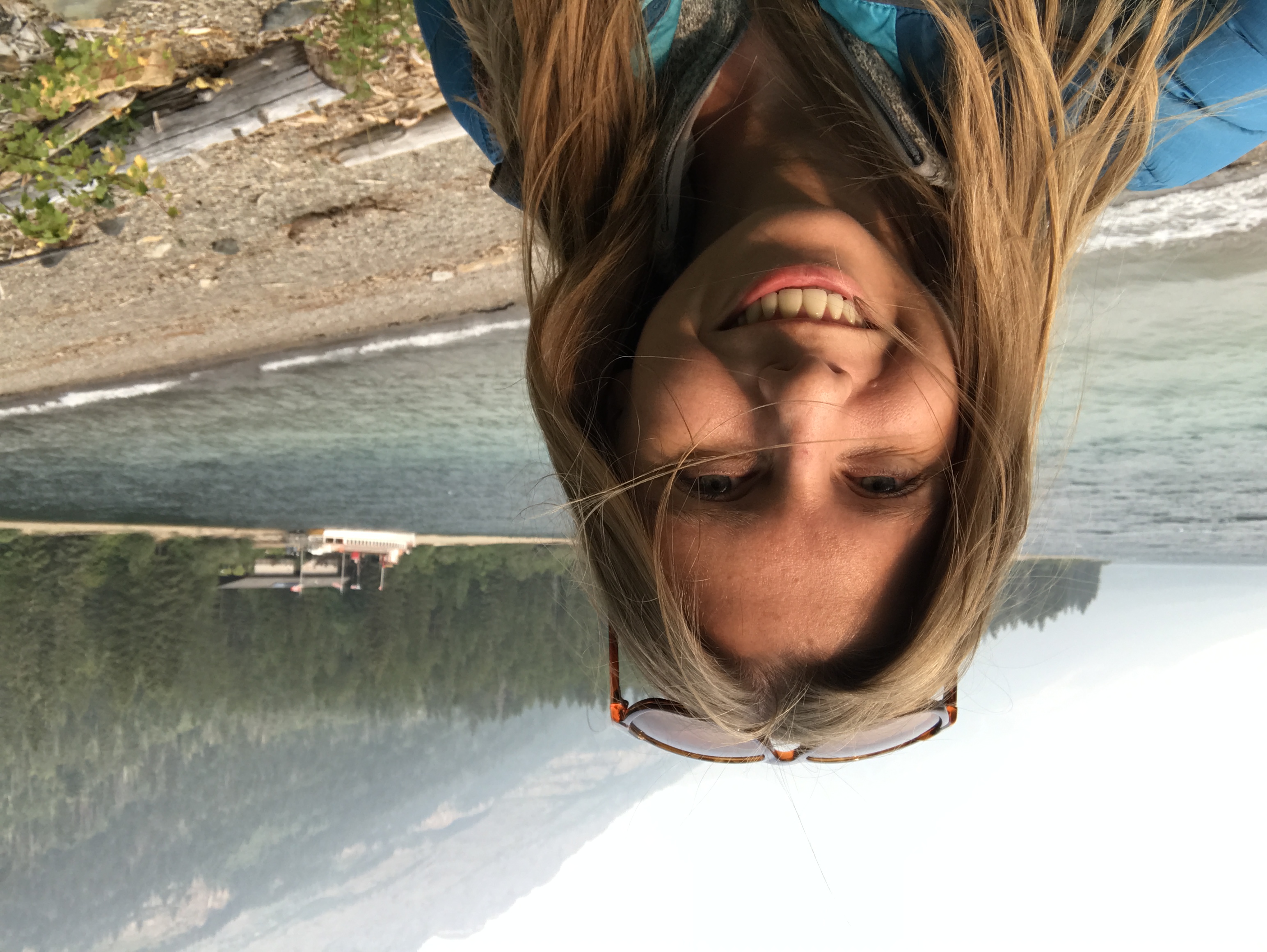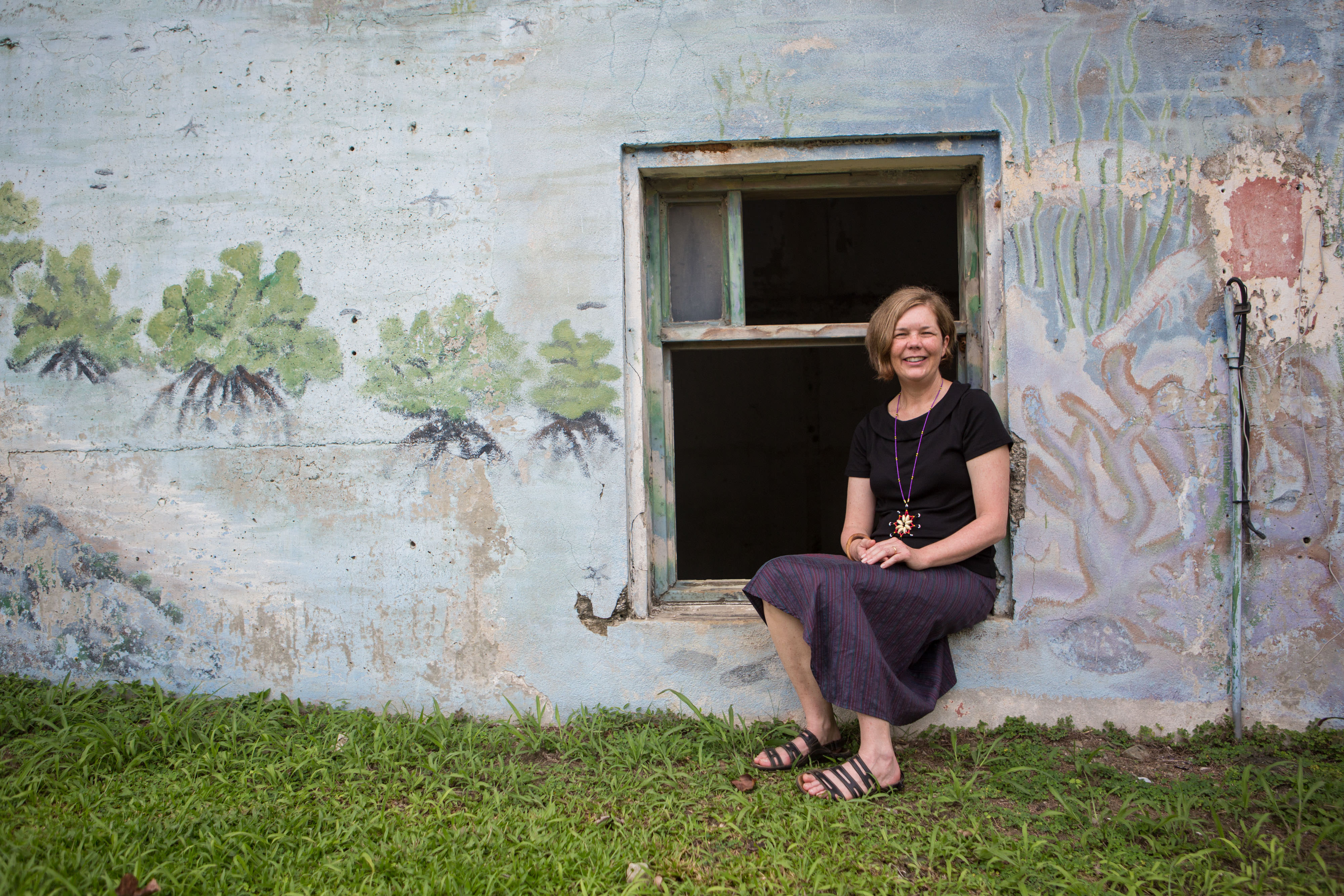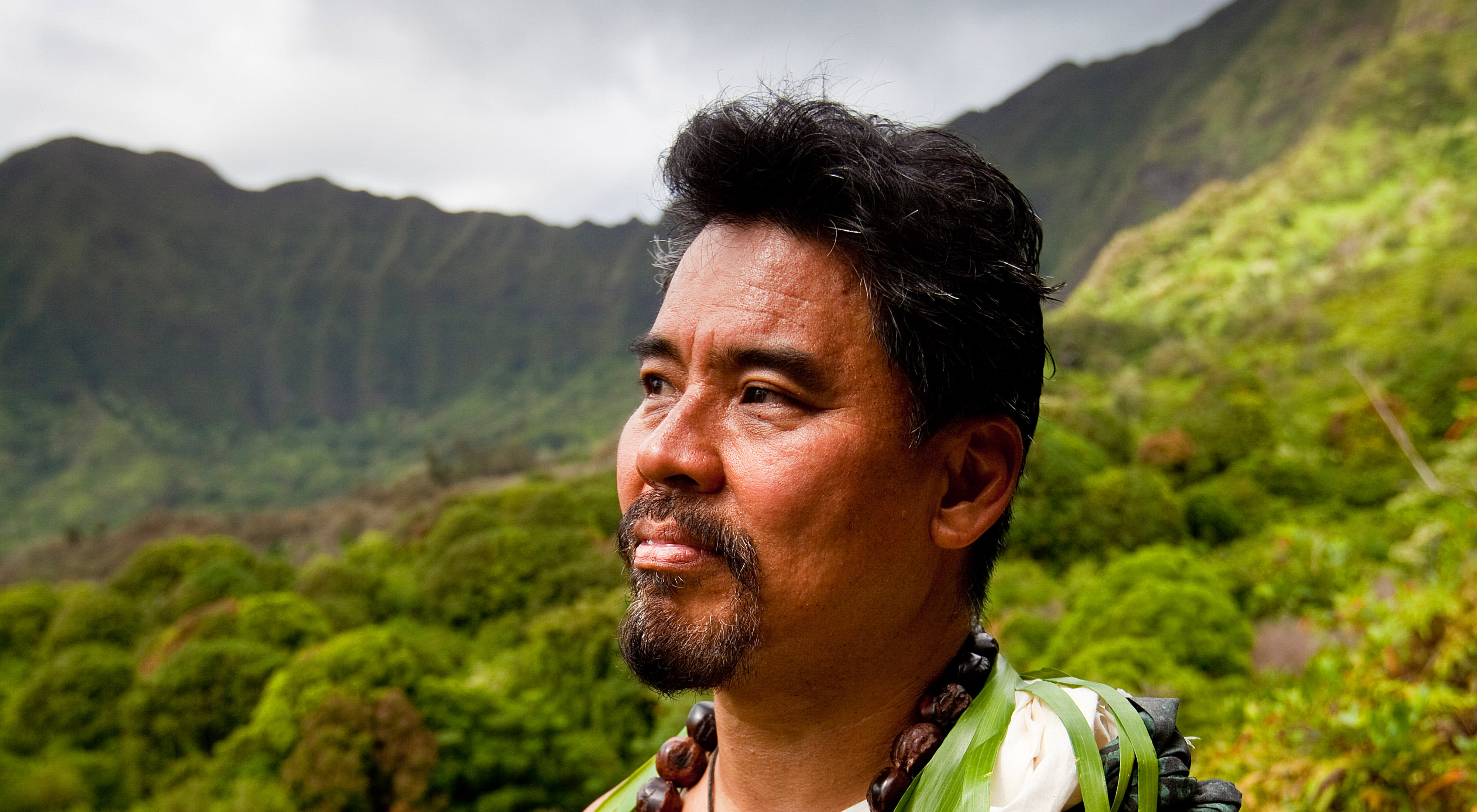Kaylee Kenison is an operations specialist for The Nature Conservancy's Montana chapter and a former Army medic. In addition to her day job of handling logistics in Montana, she and a small group of TNC employees are working to get more veterans interested in working for TNC and for environmental organizations in general.
She spoke with Nature Conservancy magazine during a retreat in August 2018, in which TNC and the group Project Healing Waters Fly Fishing brought a small group of veterans to TNC's Pine Butte Preserve on the Rocky Mountain Front. Read the magazine story about that retreat here.
Nature Conservancy: I heard you wanted to be a vet when you were a kid.
Kenison: Yeah, like a veterinarian—not a veteran [she laughs]. I always liked animals. I had a pony growing up. I grew up outside. I lived in western Washington, so we were always up running around forests and picking berries, eating them—thimble berries.
Yummy.
Delicious. But, I don’t know. I never thought I would have a career in conservation. It didn’t make sense to me [then] that that was a way that you could help people.
Instead you became a medic in the Army, just a year out of high school.
My first deployment [to Baghdad] was one month after I got out of training. I was 20 years old. … We did 12 hours on, 12 hours off. Those [first] two weeks were insane. Just completely insane. I mean you see everything you can think of. People blown apart. Not just soldiers but the civilians, too. Kids. I mean, everything.
How long were you in the military?
Five years, two deployments. I spent two years in Baghdad.
I heard at one point during deployment you tried to grow flowers in the desert.
I got hyacinths, tulips, mostly bulbs because that was what shipped well. I tried to do daffodils but the soil over there isn’t really soil. It’s dust. We had these dust storms where it was high noon and [the sky] just looked orange.
Did your relationship with the environment change coming out of the military?
I don’t know. I guess earlier in life I took a lot of it for granted. Before, I would go out, and it was very much I loved nature for what it could do for me, not for its intrinsic value.
And now?
Well, my husband’s a fly fisherman. But I don’t fly-fish [as much]. I still go along with him every chance I get because it gets me outdoors. And something about the wind in the trees and the sound of the rushing water and the fresh air is better than any other therapy I’ve ever gone through, you know? Take a look at this landscape. This is like nowhere else on Earth. This speaks to your soul, doesn’t it?
And you want to give that to others?
One of our priorities [in Veterans in Nature’s Service] is connecting people with nature, and I would love to see that happen with the veteran community. I’d really love to see us leverage all of the resources we have to help a community that needs it and deserves it and that can return the favor.
In the process maybe you’ll help get a few veterans hired, just like yourself.
Yeah, the conservation community in general could. I mean, it really goes hand in hand with veterans. There are so many who get out [of the military] and they grew up hunting or they grew up fishing or they grew up hiking in wilderness spaces. We know what it is to be outdoors and to learn from the land, and that’s something that translates so well.
I think they’re just not applying [to conservation jobs]. I think that they just don’t know that this could be something they could love and that they could excel at.
Sounds like a new mission for you—but this time in the world of conservation?
It is—kind of—that I still have a mission. I can still accomplish this. I can still do my part to help people, and the great thing is, [conservationists also] are doing their part to help save the world as far as I’m concerned. So that’s amazing. How many people can say that? Not too many.
Get the Magazine
Sign up to become a member of The Nature Conservancy and you'll receive the quarterly print edition of the magazine as part of your membership.





